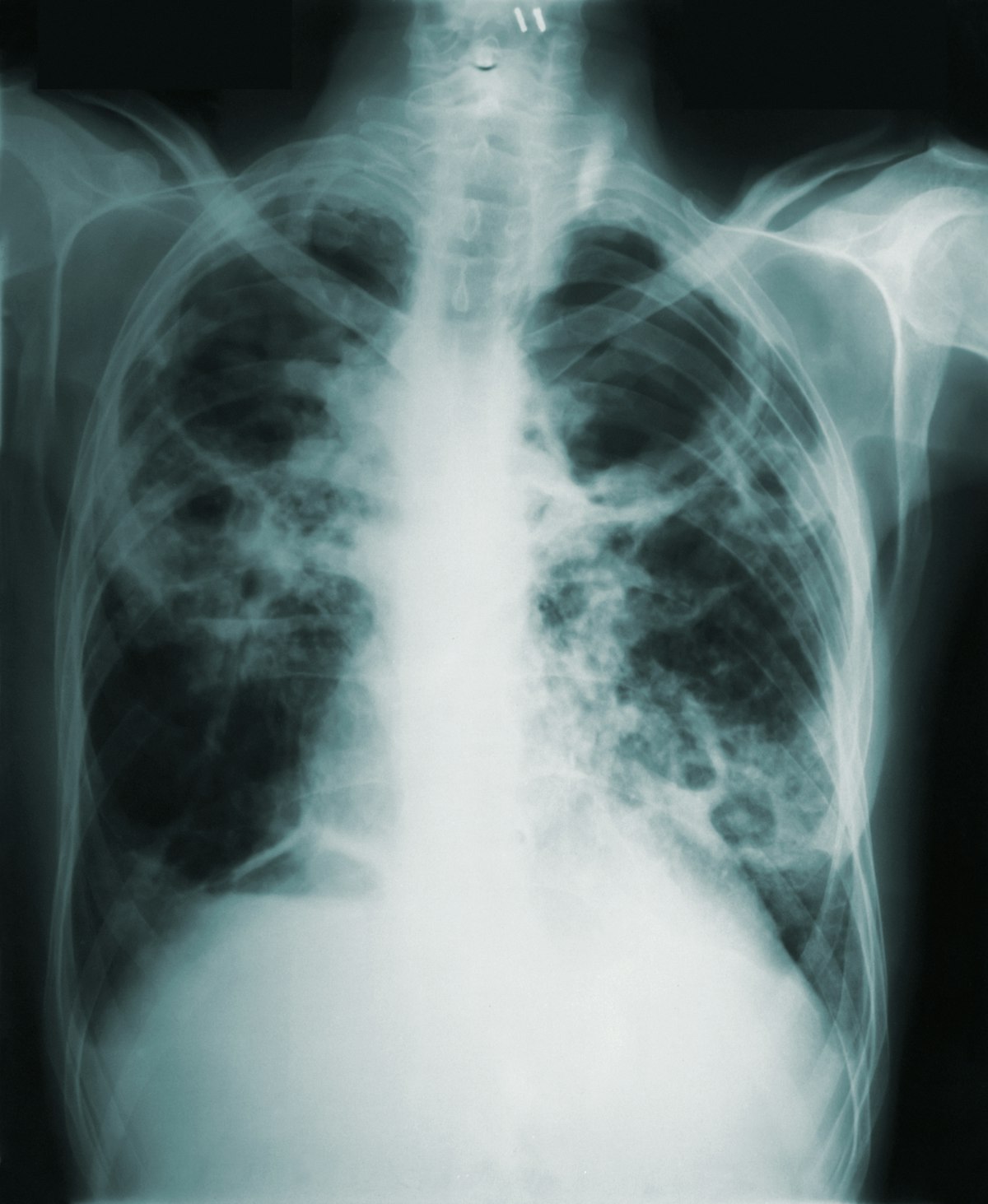
Lung cancer is one of the most common types of cancer globally and is responsible for a large number of cancer-related deaths each year. This November, as we observe Lung Cancer Awareness Month, it is important to educate ourselves about this deadly disease and spread awareness about the importance of early detection and prevention.
Lung cancer occurs when abnormal cells grow out of control in the lungs. These cells can form tumors and interfere with the functioning of the lungs, making it difficult for the affected individual to breathe. There are two main types of lung cancer: small cell lung cancer and non-small cell lung cancer. Small cell lung cancer typically spreads quickly and is often diagnosed at an advanced stage, making it more difficult to treat. Non-small cell lung cancer, on the other hand, is the most common type of lung cancer and can be further divided into subtypes such as adenocarcinoma, squamous cell carcinoma, and large cell carcinoma.
One of the most significant risk factors for lung cancer is smoking. Smoking cigarettes, cigars, or pipes increases the risk of developing lung cancer significantly. However, it is important to note that non-smokers can also develop lung cancer, often due to exposure to secondhand smoke, environmental factors such as air pollution, radon gas, or occupational hazards such as exposure to asbestos, arsenic, or diesel exhaust.
In addition to smoking, other risk factors for lung cancer include a family history of the disease, a history of radiation therapy to the chest, and having a history of lung diseases such as chronic obstructive pulmonary disease (COPD) or tuberculosis.
The signs and symptoms of lung cancer may not be noticeable in the early stages of the disease. However, as the cancer progresses, individuals may experience symptoms such as a persistent cough, chest pain, shortness of breath, wheezing, coughing up blood, hoarseness, unexplained weight loss, and frequent respiratory infections.
Early detection of lung cancer can significantly improve the chances of successful treatment. Screening for lung cancer is recommended for individuals who are at high risk, particularly those with a history of heavy smoking or other risk factors. The most common screening test for lung cancer is a low-dose CT scan, which can detect lung cancer at an early stage when it is most treatable.
Treatment for lung cancer varies depending on the type and stage of the disease. Common treatments for lung cancer include surgery, chemotherapy, radiation therapy, targeted therapy, and immunotherapy. The choice of treatment depends on the specific circumstances of the individual and may involve a combination of these approaches.
In honor of Lung Cancer Awareness Month, it is crucial to spread awareness about the importance of early detection and prevention of lung cancer. One way to do this is by educating ourselves and others about the risk factors for lung cancer and the signs and symptoms to watch out for. It is also important to encourage individuals at high risk to undergo screening for lung cancer, as early detection can save lives.
Another important aspect of raising awareness about lung cancer is dispelling misconceptions about the disease. Many people believe that only smokers can get lung cancer, but it is essential to understand that non-smokers can also develop the disease. By spreading accurate information about lung cancer, we can help reduce stigma and encourage individuals to seek medical attention if they experience symptoms that could be related to lung cancer.
In addition to spreading awareness, participating in fundraising events and supporting organizations dedicated to lung cancer research and support services can make a difference. Donations to these organizations can contribute to funding research into new treatments and technologies for lung cancer, as well as providing resources and support for individuals and families affected by the disease.
As we observe Lung Cancer Awareness Month this November, let’s come together to spread the word about lung cancer and encourage early detection and prevention. By increasing awareness and supporting research, we can make a difference in the fight against this deadly disease. Let’s work together to educate, advocate, and support those affected by lung cancer, and strive to improve outcomes for individuals and families impacted by this disease. Together, we can make a difference in the fight against lung cancer.

















